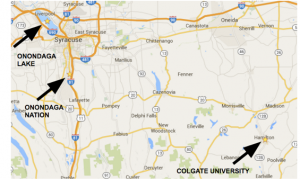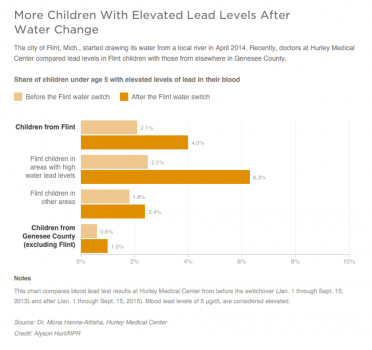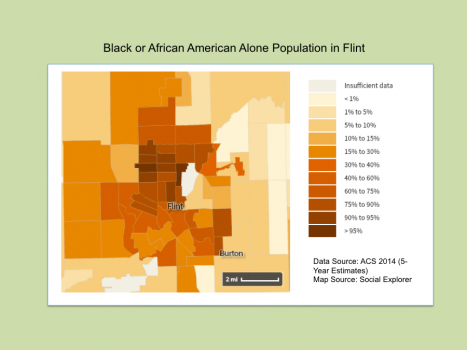 By MaryKathryn McCann ’18 (Molecular Biology and Environmental Economics Major from Chester, NY)
By MaryKathryn McCann ’18 (Molecular Biology and Environmental Economics Major from Chester, NY)
As the 2016 Presidential race is heating up in the primaries, President Obama is still trying to pass legislation in support of his climate change agenda. The Clean Power Plan is at the center of this agenda and recently the Supreme Court has voted to put the plan on hold. The Clean Power Plan was announced in August 2015 and aims to decrease the carbon dioxide and pollution emitted from coal-burning power plants, the number one contributor of heat-trapping carbon gas.[1]
The plan is looking to restructure the energy program in the United States by moving states and territories to more sustainable and cleaner sources of energy. The plan sets a deadline of 2018 for each state to have an individual plan to cut emissions and 2022 as the first “real reduction.”[2] This past week, the United States Supreme Court voted 5-4 to put a stay on the plan due to many states arguing that the EPA might be overstepping their designated power. The EPA has stated they are within their legal right to uphold and carry out this legislation and that, after a closer look, the Supreme Court will uphold the plan. The Court has previously upheld the rules of the Clean Air Act, so there is precedent for the passing of this type of legislation. The case will appear in appeals court in late June.[3]
While this battle is being fought in the courts, there is also a battle raging to become the next president. With the election in just a few short months, it is critical to investigate what each candidate is saying about environmental issues. As a new President comes into power, one hopes that President Obama’s successor places environmental issues and sustainable practices on the national agenda. However, it seems some of the candidates will not be as willing to make the environment a priority. I urge anyone who is eligible to vote in this upcoming election to become educated on the stances candidates take towards the environment. The next President has at least four years in the Oval Office, so making the most informed choice on whom to vote for is of the utmost importance.
On April 5, students in Environmental Studies (ENST 390) taught by Professor Kraly are traveling to Albany to speak to New York State regulators about how they are pursuing low-carbon and sustainability goals associated with COP 21 and the Clean Power Plan. In addition, the Office of Sustainability will be hosting the Green Summit on April 12 in Golden Auditorium starting at 4:30 p.m. to discuss climate change issues broadly and in our local community. You will not want to miss this panel discussion moderated by Interim Provost and Dean of the Faculty, Constance Harsh.
[1] http://www.npr.org/2016/02/10/466250564/high-court-temporarily-blocks-enforcement-of-carbon-emissions-rules
[2] http://www.epa.gov/cleanpowerplan/fact-sheet-overview-clean-power-plan
[3] http://www.wsj.com/articles/supreme-court-puts-epa-carbon-rule-on-hold-during-litigation-1455061135



 The Onondaga Nation has inhabited and presided over Central New York for hundreds of years. Located just southwest of Syracuse, the Nation is located nearby to Colgate and is renowned for their non-stop fight for not only their own land rights, but also for the natural environment. Through remediation and preservation efforts, this community has set precedence for simultaneously standing up to social adversity while promoting conservation and stewardship over the environment.
The Onondaga Nation has inhabited and presided over Central New York for hundreds of years. Located just southwest of Syracuse, the Nation is located nearby to Colgate and is renowned for their non-stop fight for not only their own land rights, but also for the natural environment. Through remediation and preservation efforts, this community has set precedence for simultaneously standing up to social adversity while promoting conservation and stewardship over the environment.

